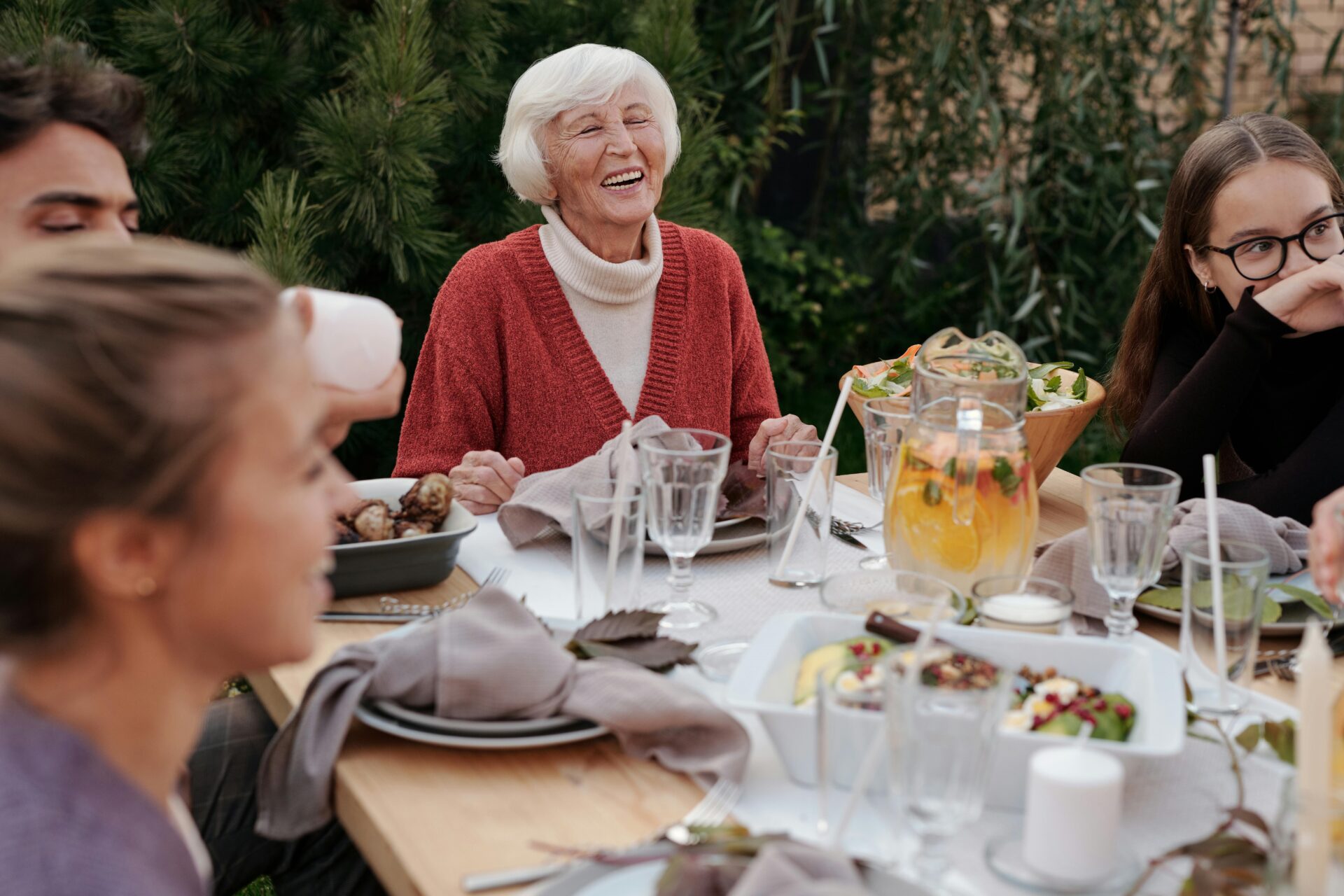While people often think of divorce when they think of family legal disputes, some of the most common cases between family members in BC are elder care disputes. These conflicts often arise in the context of aging parents, relatives, or guardians. At their core, these issues address the death of one generation and the transfer of one generation’s accumulated wealth to others. A great deal is often at stake—emotionally as well as financially.
Elder meditation can help assist families in reaching solutions to these issues that involve the whole family. The discussions may include arrangements regarding medical issues, legal issues, financial concerns, living situations, caregiving, the plan for your loved ones’ futures, the allocation of responsibilities, and estate planning. When these issues are avoided, disagreed upon, or ignored, families can suffer fewer choices, financial loss, and emotional turmoil.
This discussion can be a very difficult one to have, both for the parents and for the children. The people who need assistance often don’t want to impose and parents are often not accustomed to discussing their financial situation with their children, regardless of the level of understanding and expertise the children have achieved as adults. No one in the family may be comfortable raising the issue of long-term care and end of life decisions.
When people plan to provide inheritances, they are usually hoping to provide a gift – not sew discord in the family. Yet, when the estate is distributed, the parents are not on hand to explain their intentions.
Families are complicated and they all carry with them a rich history of unspoken understandings and assumptions. When a family enters a new stage, such as when contemplating the future loss of a family member, these assumptions and understandings can be tested and can even fall apart.
Even the most carefully contemplated arrangements can go awry. Recall the last time you were at a large family celebration, and everyone was opening presents. You might not remember what you received but you will certainly recall the upset that was caused when your sister got a gift card and your brother was given a guitar. Luckily, your parents were on hand to explain their intention, and everyone made up by the end of the night.
Receiving a gift from an estate is not as simple as unwrapping a present. It is opened during a time of grief and loss, of change to the family structures. It is weighty with history and can carry unintentional messages to the person receiving it, and to the people who did not. In fact, such a gift can actually be a financial burden, if it is not managed properly.
Estate gifts may come with tax implications and management challenges for which the recipient is unprepared. If the gift is shared between several siblings who have different levels of income, amounts of savings, and lifestyles, these difficulties can be exacerbated. If the parents are providing for their blended families, the matters can become even more complicated, and even well-considered estate planning may end up feeling unfair or unbalanced to some of the recipients if they are left out of the process.
For most of our lives the financial decisions that we make primarily affect us. Estate planning is unique in that it is one of the few financial decisions that will not affect us nearly as much as it will affect the people we leave behind. Considering that most people giving a gift in their will want the recipients to benefit from what they receive, and most people hope their families will remain close after their passing, why isn’t it commonplace to discuss these arrangements in families?
These discussions are so difficult because they involve death and money, two subjects that are generally taboo in polite conversation. Parents often worry that bringing up these difficult topics will result in further discord in their families and they’d rather not consider the conflict that may erupt after their death.
Yet these issues will not disappear when families refuse to speak about them. Elderly family members will still need end-of-life care and, eventually, the plans they placed in their wills will come to fruition.
Elder mediation can help parents raise these issues with their children in such a way as to avoid further conflict in the family and consider solutions that would allow the family to come together to find solutions. Generally, everyone involved wants their loves ones to be happy and well-cared for, and by raising these issues now decisions can be made while the elderly person is competent to make them and also available to explain the thought process in the decisions that they have made to distribute their estate. It also allows children the opportunity to lay out their concerns and to have them addressed.
At its core, elder mediation is a forum for family decision-making. It is private and confidential, and everyone participates voluntarily. The resolutions reached are tailored to each individual family and reflect the family’s own unique needs and dynamics. Elder mediation allows the person planning their estate to leave behind a legacy of care for their loved ones – emotionally as well as financially.
